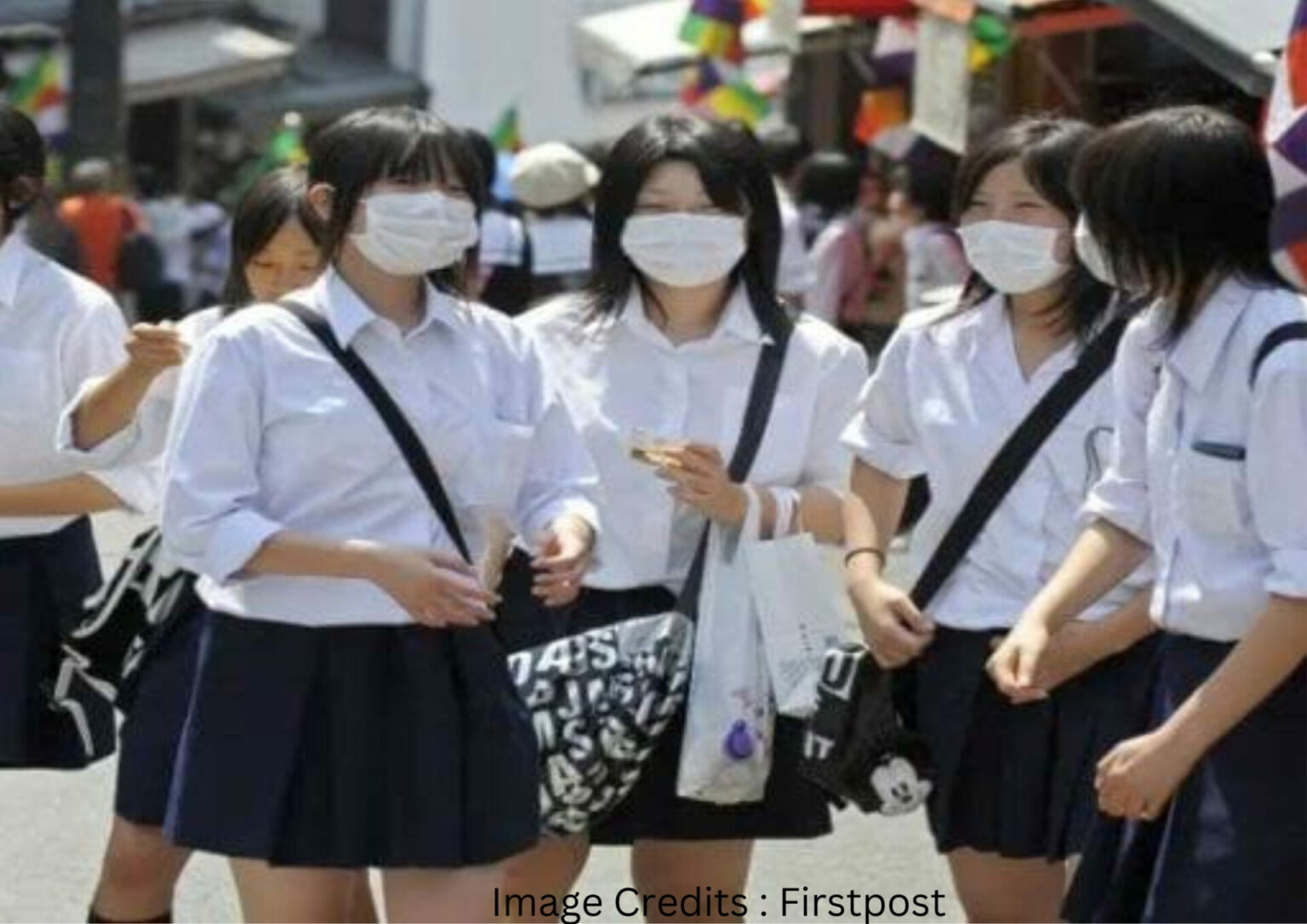
Image credits : South China Morning Post
The definition of rape was expanded to include “consensual intercourse” instead of “violent intercourse”, bringing the meaning under Japanese law in line with that of other countries. The age of consent, previously only 13, was increased to 16. Critics say previous laws did not protect people forced to have sex or prevent them from reporting such attacks. They have also led to inconsistent judgments, prompting calls for change.
The Japanese parliament on Thursday approved the new laws on Friday. They clearly outline eight scenarios in which it is difficult for the victim to “conceive, express or carry out an intention not to consent” to a sexual relationship. These include situations where the victim is under the influence of alcohol or drugs, under violence or threats; or is “frightened or surprised.” The scenario where the victim might face consequences for refusing has also been considered.
Table of Contents
Historic Move
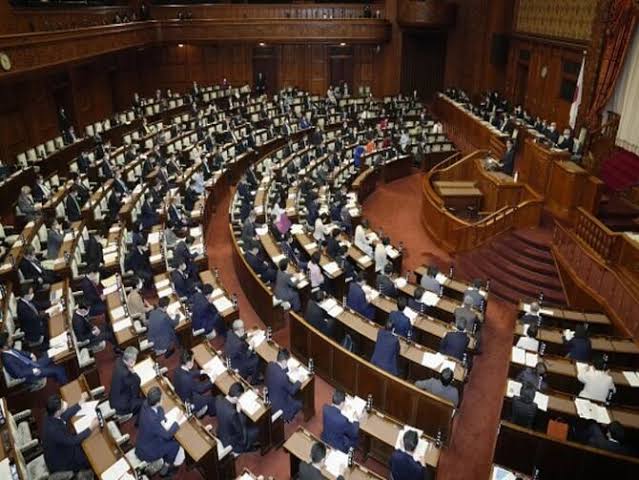
Image credits : ABP News
This is the first time Japan has changed its age limit since it came into force in 1907. Women are fighting gender-based violence in Japan. Try to catch guys selling tactile videos in the subway. Japan used to have one of the lowest approval rates in developed countries. However, a person who has sex with a 13- to 15-year-old minor is only punished if he is five years older than the minor.
Major changes
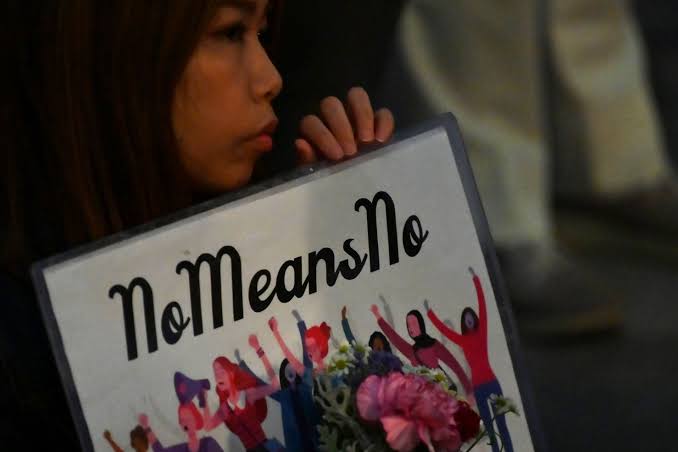
Image credits : Vice
Extensions have been made to limit the reporting time from 10 to 15 years allowing more victims to come forward. The changes also ban “photo viewing”, which includes banning sexual acts and secret filming, among others. It follows a string of rape acquittals in 2019 that sparked national outrage and helped spur a national flower-demonstrating campaign against sexual violence.
Since April 11, 2019, activists across Japan have gathered monthly to demand justice and show solidarity with survivors of sexual violence. However, some campaigners told the BBC that these law reforms only tackled one part of the problem. Generations of “distorted ideas” about gender and consent need to be addressed, says Kazuko Ito, vice president of Human Rights Now in Tokyo.
Sexual assault survivors who come forward also often receive threats and mean comments online. Even if reforms are implemented, survivors must feel empowered to report their assaults, advocates say. In Japan, survivors of sexual violence are often reluctant to come forward due to stigma and shame.
Japan should also offer more financial and psychological help to survivors of sexual violence, lawyer and human rights defender Sakura Kamitani told the BBC. He added that attackers should also receive support to prevent new crimes. Introductory grey line.
The Battle for Consensus in Japan
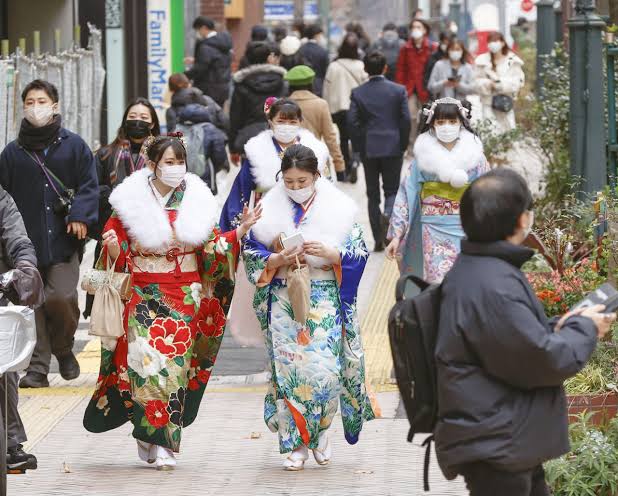
Image credits : Japan Forward
The biggest and most important change in the law is redefining rape from “violent sex” to “non-consensual sex” – essentially making room for consent in a society where the concept is still poorly understood.
The Narrow legality
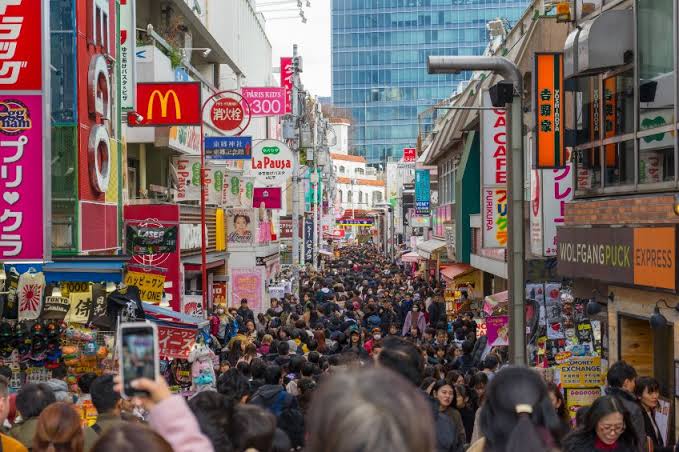
Image credits : Japan Language Express
The instance of a 201 incident in Tokyo, a man pinned a 15-year-old girl to a wall and had sex with her when she protested. He was acquitted of rape because the court ruled that his actions did not make her resistance “very difficult”.
Teenagers were treated like adults. “Actual trials and verdicts are different – some defendants were not convicted even when their action was non-consensual because they were not threatened with abuse or intimidated,” says Spring spokesperson Yuu Tadokoro. a group of survivors of sexual violence.
Long way to go
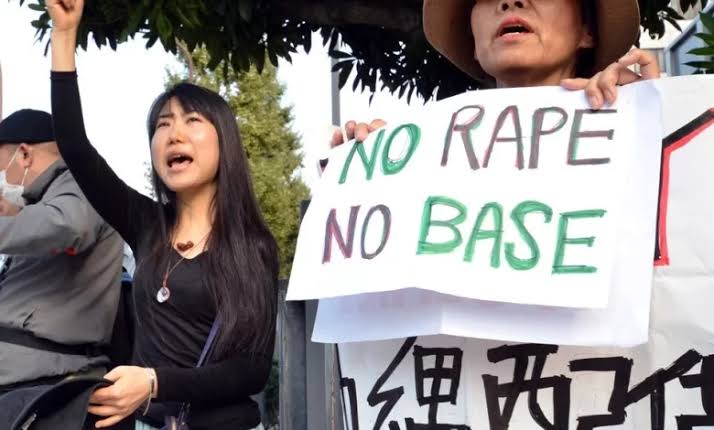
Image credits : Expat Guide Turkey
But the reforms address only one part of the problem, say, advocates, whose call for change goes far beyond the courtroom. Sexual violence remains taboo in Japan and has only gained national attention in recent years after public statements and trials of cases such as Shiori Ito, a former self-defence force, and sexual assault survivor Rina Gonoi. Exposing Johnny Kitagawa.







